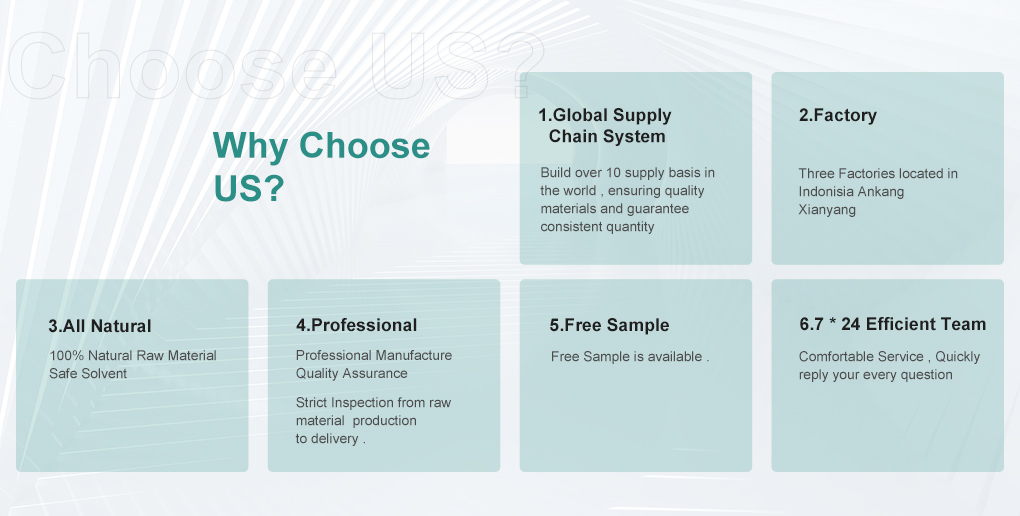In today’s global health-conscious market, natural ingredients with immune-supporting and antioxidant properties are in high demand. Elderberry extract has emerged as a leading botanical ingredient used in dietary supplements, functional foods, and beverages. With its rich anthocyanin content and appealing natural color, it’s not only valued for wellness applications but also for its multifunctionality in product formulation.
What exactly is Elderberry Extract and where does it come from?
Elderberry extract is derived from the dark purple berries of the Sambucus nigra plant, commonly known as the European elder tree. These berries have been traditionally used in Europe for centuries as part of herbal remedies and seasonal wellness tonics. Modern extraction techniques now allow manufacturers to preserve the high levels of flavonoids and anthocyanins naturally present in the fruit.
The extract usually appears as a deep purple powder or liquid, with a pleasant berry aroma and slightly tart flavor, making it suitable for both health supplements and food formulations.
What are the main bioactive components in Elderberry Extract?
The key components include anthocyanins, flavonoids, phenolic acids, and vitamin C. Among them, anthocyanins are particularly significant, as they give elderberries their characteristic deep color and are responsible for most of their antioxidant potential. These natural compounds help neutralize free radicals, contributing to overall cellular protection.
Additionally, elderberry extract also contains natural sugars and fibers, which enhance its nutritional value and make it compatible with a wide range of natural product formulations.

Why do manufacturers use Elderberry Extract in their products?

Manufacturers appreciate elderberry extract for both its functional and aesthetic qualities. Functionally, it supports product positioning in the wellness and immunity space, helping brands respond to consumer demand for natural immune-supporting ingredients. Aesthetically, its intense purple hue serves as a natural colorant, replacing synthetic dyes in beverages, gummies, and capsules.
This dual-purpose nature makes it a cost-effective and market-friendly ingredient for nutraceutical, food, and cosmetic industries alike.
What industries commonly use Elderberry Extract?

Elderberry extract is widely used in dietary supplements, functional foods, beverages, and cosmetics. In the supplement industry, it appears in capsules, syrups, and gummies. In the food and beverage industry, it enhances flavor and adds natural coloring to juices, yogurts, and energy drinks.
The cosmetic industry also values elderberry extract for its antioxidant and anti-aging potential, incorporating it into serums, masks, and creams targeting skin vitality.
What factors affect the quality of Elderberry Extract?

Quality depends on the source of raw materials, extraction methods, and active ingredient concentration. Elderberries harvested at full maturity contain higher anthocyanin levels. Extraction methods like water or ethanol extraction help maintain purity and bioactivity, while spray-drying ensures stability and good solubility for powdered forms.
When sourcing, buyers should check for parameters such as anthocyanin percentage, moisture content, and microbiological safety, which ensure product consistency and compliance with international standards.
What should B2B buyers consider when sourcing Elderberry Extract?
B2B buyers should focus on purity, standardization, and supplier reliability. Choosing a supplier with strict quality control and certifications such as ISO, HACCP, or GMP ensures consistent product quality. Buyers should also verify the extract’s origin, testing reports, and batch traceability to confirm authenticity and safety.
Working directly with manufacturers also helps reduce middle costs and ensures more stable pricing and supply.
Is Elderberry Extract stable in different applications?

Yes, but like many natural colorants, it can be sensitive to pH, temperature, and light. In acidic environments such as fruit beverages, the color remains vivid, while in neutral pH it may fade slightly. To enhance stability, formulators often use encapsulation technologies or antioxidant preservatives.
Despite these considerations, its visual and functional benefits outweigh its limitations for most natural product applications.
What trends are shaping the future of Elderberry Extract?
The demand for elderberry extract is expected to continue growing, driven by consumer awareness of natural immunity-supporting ingredients and clean-label trends. Innovation in extraction technology, standardization, and stability improvement will further expand its use across industries.
Sustainability is also a rising trend—manufacturers are increasingly focusing on sourcing elderberries from environmentally responsible farms to ensure long-term supply and ecological balance.
As consumers seek more natural and effective health-supporting ingredients, Elderberry Extract continues to shine as a multifunctional botanical solution. Whether you’re formulating a supplement, beverage, or cosmetic, choosing a reliable supplier ensures consistent quality, vibrant color, and market appeal. Partner with Ruiwo, a trusted manufacturer specializing in high-purity plant extracts, to elevate your product portfolio with premium Elderberry Extract.
- Reference
-
-
Pascariu, O.-E., & Israel-Roming, F. (2022). Bioactive Compounds from Elderberry: Extraction, Health Benefits, and Food Applications. Processes, 10(11), 2288.
-
Ferreira, S. S., Martins-Gomes, C., Nunes, F. M., Silva, A. M., & others. (2022). Elderberry (Sambucus nigra L.) extracts promote anti-inflammatory and cellular antioxidant activity. Food Chem X, 15, 100437.
-
Osman, A. G., Avula, B., Katragunta, K., Ali, Z., Chittiboyina, A. G., & Khan, I. A. (2023). Elderberry Extracts: Characterization of the Polyphenolic Chemical Composition, Quality Consistency, Safety, Adulteration, and Attenuation of Oxidative Stress- and Inflammation-Induced Health Disorders. Molecules, 28(7), 3148.
-
Festa, J., Hussain, A., Hackney, A., Desai, U., Sahota, T. S., Singh, H., & Da Boit, M. (2023). Elderberry extract improves molecular markers of endothelial dysfunction linked to atherosclerosis. Food Science & Nutrition, 11(7), 4047-4059.
-
Study: Daily supplementation with 600 mg elderberry extract may boost gut microbiota (Akkermansia spp.) and diversity in healthy subjects. Journal of Personalized Medicine, 2022.
-
About Ruiwo:


contact us:
Address:Room 703, Ketai Building, No. 808, Cuihua South Road, Xi’an, Shaanxi, China
E-mail: info@ruiwophytochem.com
Phone: 008613484919413 0086-29-89860070
Hours: Monday-Friday: 9am to 6pm
Post time: Oct-15-2025




